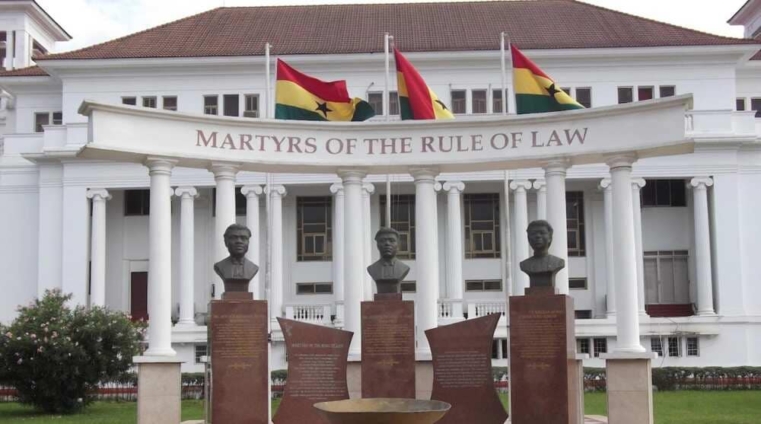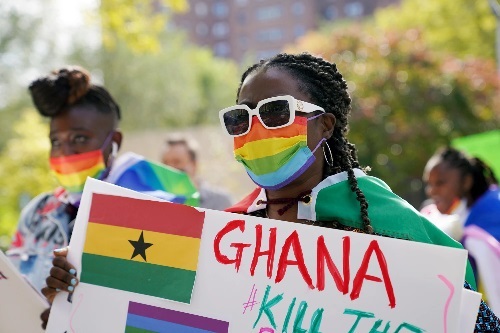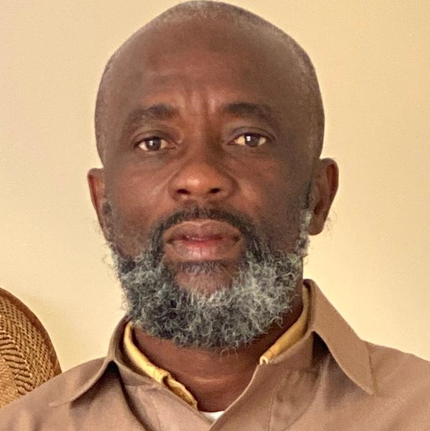On March 27, 2025, a constitutional writ was filed in the Supreme Court by Vincent Ekow Assafuah (MP for Old Tafo) seeking clarification of the procedure for removing a sitting Chief Justice under Article 146 of the 1992 Constitution.
The dispute arose after President John Mahama received petitions to remove Chief Justice Gertrude Torkornoo and immediately commenced consultations with the Council of State without first notifying the Chief Justice.
The plaintiff contends that this approach violates the Constitution’s requirements and the principles of judicial independence and due process. Specifically, he asks the Court to declare that the President is constitutionally obligated to notify the Chief Justice and invite her comments before consulting the Council of State on a removal petition. This article analyses the text and structure of Article 146, relevant Ghanaian case law, and comparative constitutional principles to assess whether such an obligation exists, offering a neutral, doctrinal examination of the legal issues.
The Text and Structure of Article 146
Removal Procedure under Article 146: Article 146 of the 1992 Constitution prescribes an elaborate process for removing Justices of the Superior Courts (including the Chief Justice) and Chairpersons of regional tribunals. Under Article 146(1), a superior court judge enjoys security of tenure and can only be removed for “stated misbehaviour or incompetence” or inability to perform duties due to infirmity.
Article 146(2) further emphasises that removal must occur only by the procedure laid down in Article 146 5. For Justices other than the Chief Justice, the process begins with any person submitting a petition to the President; “shall refer the petition to the Chief Justice, who shall determine whether there is a prima facie case”6. In other words, the Chief Justice serves as an initial filter for petitions against her judicial colleagues, assessing whether the allegations, on their face, warrant a full investigation.
















